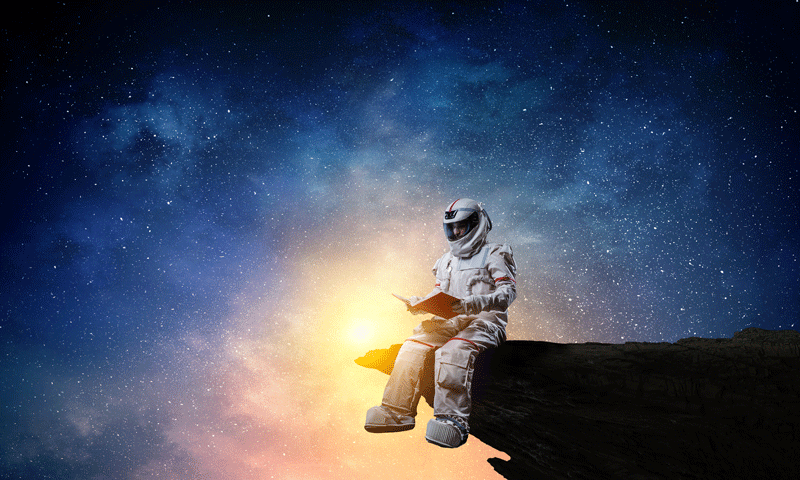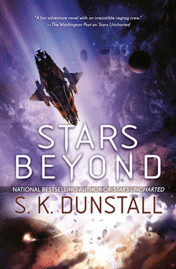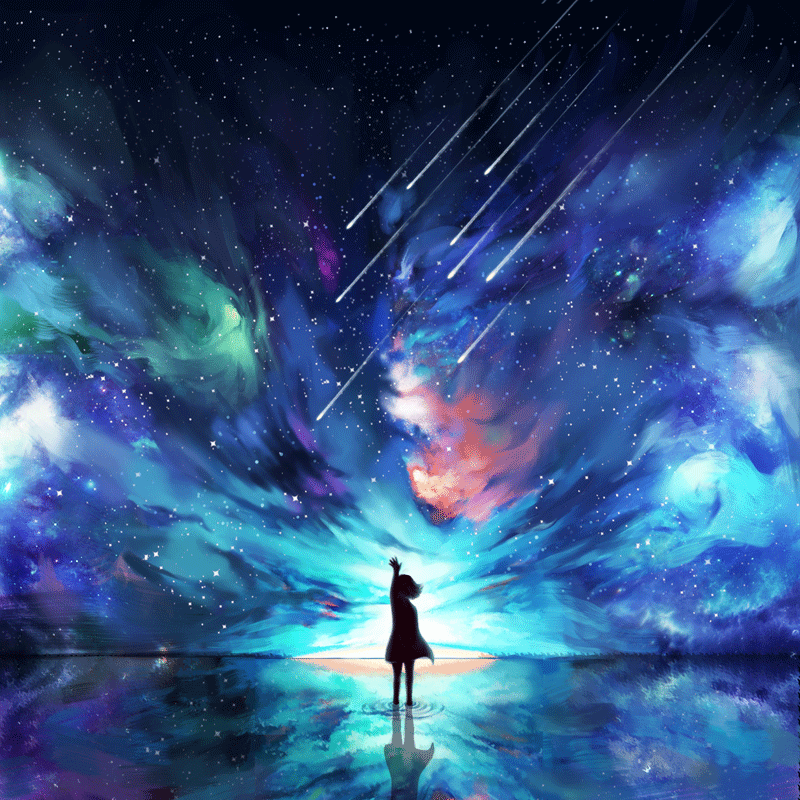
The CoNZealand email that popped into my mailbox last week mentioned that Hugo nominations were open.
I can only nominate stories I have read and liked. Here are some novels I am thinking of nominating.
The Ruin of Kings by Jenn Lyons. This is one of those books I picked up, read a bit, flicked to the end, read the end, went back to read the middle, moved on to read a bit more that I hadn’t read, and so on. I didn’t read it in sequential order, but despite that, enjoyed it.
Kihrin is an orphan who grew up on storybook tales of long-lost princes and grand quests, but when he is claimed against his will as the long-lost son of a treasonous prince, Kihrin finds that being a long-lost prince isn’t what the storybooks promised.
Finder by Suzanne Palmer. We were interviewed recently by Paul Semel and he asked us to recommend some space opera that we’d read recently and liked. This was one of them.
Fergus Ferguson goes to out into the far reaches of human-inhabited space to repossess a spaceship and gets caught up in a civil war.
Another story we recommended in the interview was Michael Mammay’s Spaceside, book two in his stories about Carl Butler.
Former colonel Carl Butler is now a civilian and he’s asked by his company to investigate a breach in a competitor’s computer network.
I also read and enjoyed Jackson Ford’s The Girl Who Could Move Sh*t With Her Mind. It’s set in modern-day LA. I suppose you’d call it an urban fantasy. Or would that be science fiction set in today’s world?
Tegan Frost can move things with her mind. So far as she knows, she’s the only person who can, so when a body turns up murdered using powers like hers, she’s the logical suspect. She has 22 hours to clear her name.
Looking through Goodreads’ list of 2020 Hugo-eligible novels, I see that T. Kingfisher’s Minor Mage is nominated. This is a story about a 12 year-old boy, and I know Ursula Vernon, who writes as T. Kingfisher, said editors considered it too black for a children’s novel, but technically it is a middle grade story. To me, anyway. If it is eligible, in any category, I will nominate it. This is definitely a book worth reading.
Oliver is twelve, and a very minor mage (he knows three spells), but while his mother is away the villagers ‘encourage’ him to take a journey to bring back the rain.





